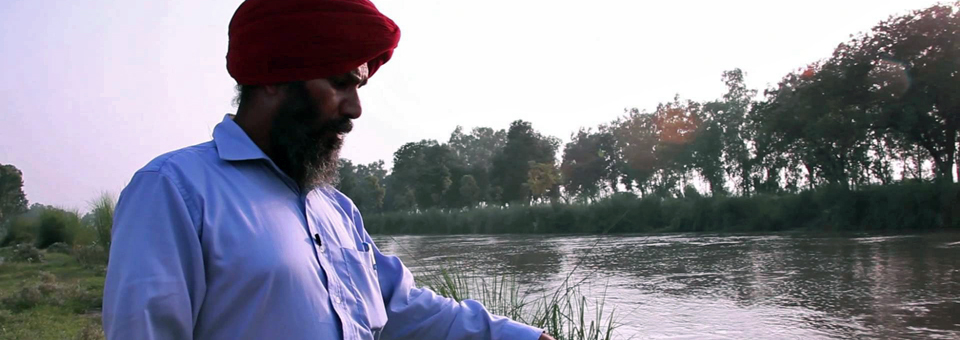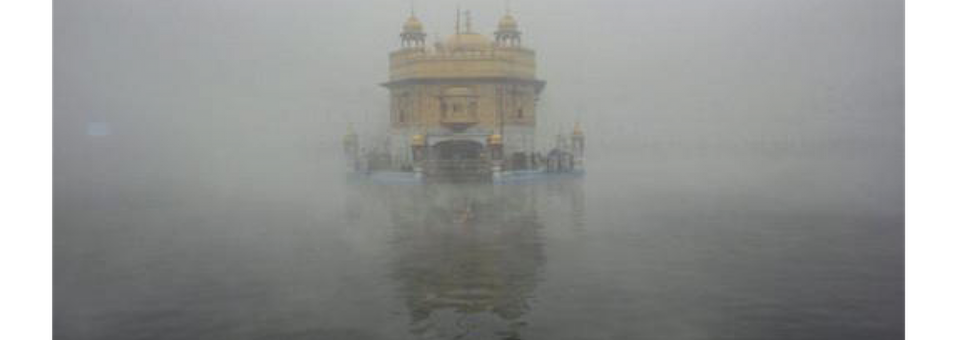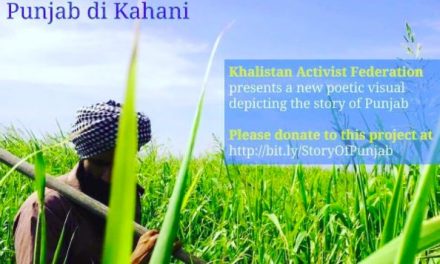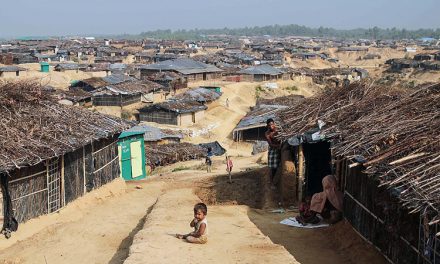Review of ‘The Last Killing’
On the 23rd of May 2014, Ensaaf will be releasing their documentary, ‘The Last Killing‘ to the general public. It is an outstanding and powerful 20 minute film showing the resolve of a group of Punjabi Sikhs who have faced indescribable hardships and terror on their journey to bring to justice those who had destroyed their families.
The period under scrutiny is the Punjab, India from 1984-1995 where the Police had free reign to crack down on Sikhs campaigning for equal social, economic and religious rights. By systematically killing and torturing Sikhs the Police aimed to break the morale of activists and suppress the movement.
The documentary centres around Satwant Singh Manak, who as a police officer witnessed the unlawful killings of 15 innocent men at the hands of his colleagues. After seeing a 16 year old individual beheaded and dumped in a canal, Manak raised his voice against his senior officers. The result was that the Punjab Police force began a campaign of terror against Manak and his family. Initially he was held and brutally tortured for over 42 days. Despite this, upon release he resigned from the Police force and filed an official case against them. The Police authorities responded with another savage attempt to silence him, but this time targeted his father who was picked up and tortured. Shortly after being released he died from the injuries that he had suffered.
Despite this terrible ordeal, Manak persisted to fight the case of 10 of those victims and the film narrates this struggle with the help of testimonials from key individuals involved.
It poignantly brings to life the statistics we have always read about and shows profoundly how the horrors of Punjab between the 1980s and 1990s is not an historic event but an everyday nightmare for all of those families who had seen their loved ones kidnapped or killed.
The director, Satinder Kaur, has captured the mood of Satwant Singh Manak’s story eloquently, where the viewer can intrinsically relate to the feelings and emotions of those deeply affected by the atrocities. The cinematography and editing is superb throughout which is befitting of the important message it is presenting.
I watched this documentary for the second time with my parents ahead of writing this review. As we discussed the film after it had finished, they began to reveal how we had also lost relatives in Punjab in suspicious circumstances. Between them, they concluded that at least 3 relatives had been killed or made to disappear illegally by the Punjab Police force. This was something I had not known before.
It is in this context that I can see how powerful this film can be for our community. It will awaken us to come to terms with our past and inspire us to become like Manak, not intimidated but steadfast in our determination to prosecute those who ripped families apart and left them languishing in silence.
To conclude, there have only been a small number of occasions in the last decade where I feel the Sikh community has been able to adequately portray the deep sense of injustice felt towards the Indian authorities using media. This production from Ensaaf is by far one of the most courageous documentaries I have seen and I commend them for their tremendous work. I wholeheartedly recommend that everyone takes the time out to watch it and personally takes responsibility in making sure that the brave voice of Satwant Singh Manak resonates in our community.
The Last Killing will be available to watch on the ENSAAF channel on Youtube from 23 May, 2014.


![A New Beginning, A New Industry [An unorthodox journey for a brown boy PT.4]](https://naujawani.com/wp-content/themes/Extra/images/post-format-thumb-text.svg)




